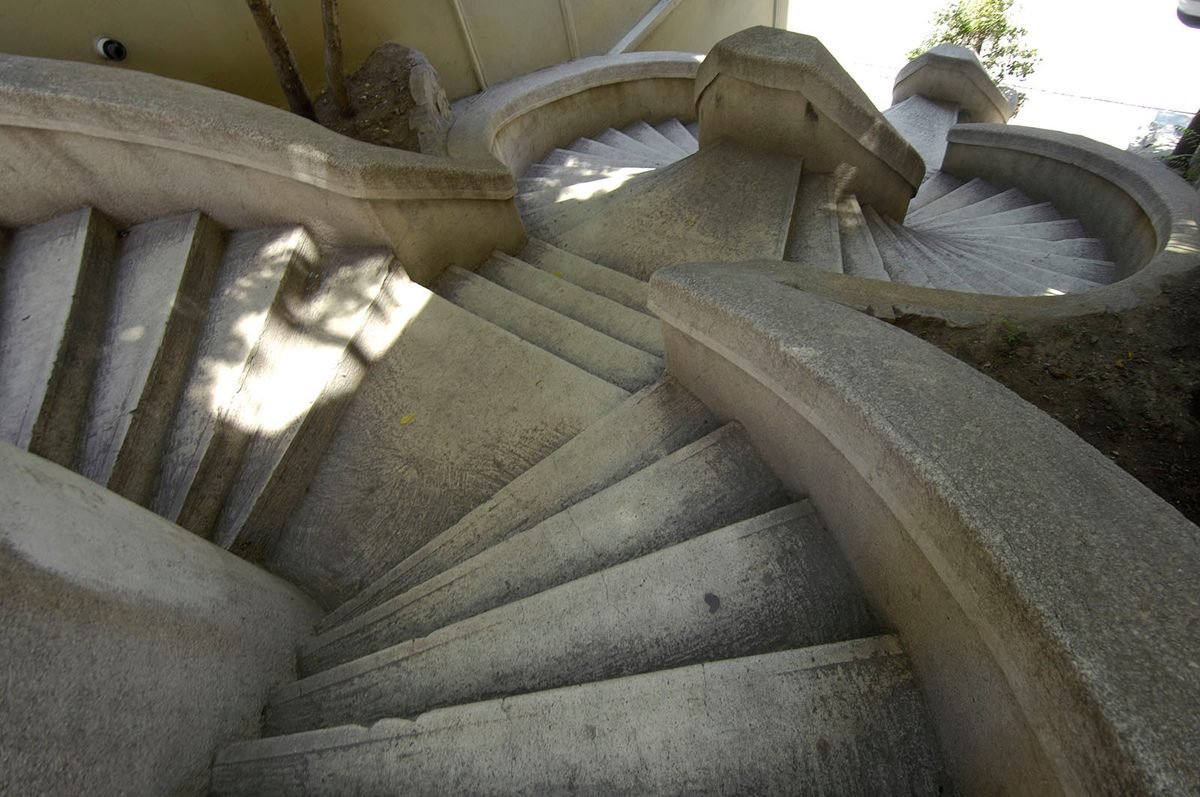
Camondo Stairs
Camondo stairs are the unusual Art Nouveau steps in Istanbul’s Karaköy region. They are named after Abraham Salomon Camondo; a Jewish banker, philanthropist and the first foreigner to own an estate in the Ottoman Empire¹ (1781-1873).
“Abraham Salomon Camondo’s family was a victim of the Inquisition. The family, which are Sephardic Jews, previously went to Venice and then came to Istanbul.”
The family were highly influential in Istanbul and didn’t shy from reinvesting some of their wealth into the city’s infrastructure; namely in Şirket-i Hayriye – a corporation for ferryboats that transported passengers and freight on the Bosporus – and Istanbul’s first tram company called Dersaadet.²
The motive behind the stairs was perhaps more personal, as Abraham wanted his children to have a shorter way from home to their school.
The staircase provided a shortcut not only to school ofAbraham’s children but also to the family-owned bank on what is now called Bankalar Caddesi (Banks Avenue).³
A century after they were built, the iconic staircase has been the subject of Journalist Frank George Carpenter, legendary photographer Henri-Cartier-Bresson and of course, countless creatives of Istanbul.
In the late 19th century, the family moved to Paris, where today you could visit their family estate turned into a museum by the family itself: Musée Nissim de Camondo.¹
The body of Camondo, who died in Paris in 1873, was brought to Istanbul according to his will and buried in the family vault he had built in Hasköy Jewish Cemetery in1873.²
[1] https://www.istanbultravelogue.com/camondo-stairs/
[2] https://www.dailysabah.com/arts/family-vault-of-banker-abraham-camondo-awaits-repair-in-istanbul/news
[3] https://www.istanbul7hills.com/camondo-stairs.html





